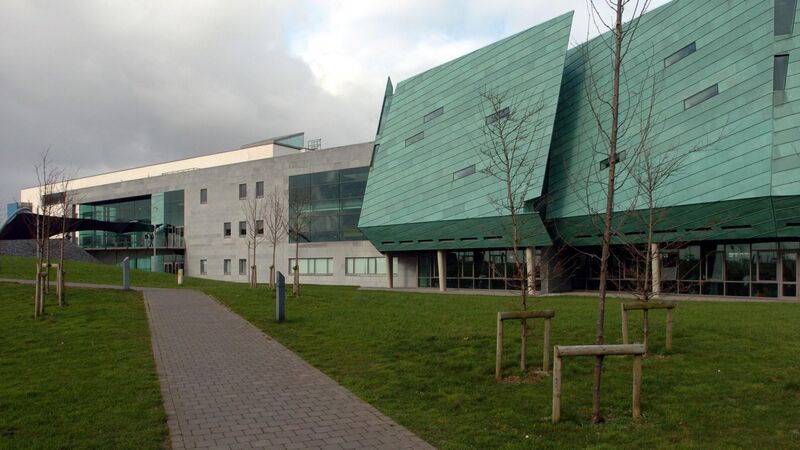GMIT data breach shows ugly reality behind screen of aspirational inclusivity

A nurturing, respectful and egalitarian culture is important within any work and learning community — it is vital within communities where diversity is welcome and facilitated: so, where did it go wrong for GMIT?
We have all experienced offensive and hurtful behaviour, similarly, we have all said and done things we regret and which reflect badly upon us.
The reverberations and effect of behaving and speaking in careless and offensive ways or in being subjected to such language or behaviour is so much more humiliating and painful if this happens publicly.













